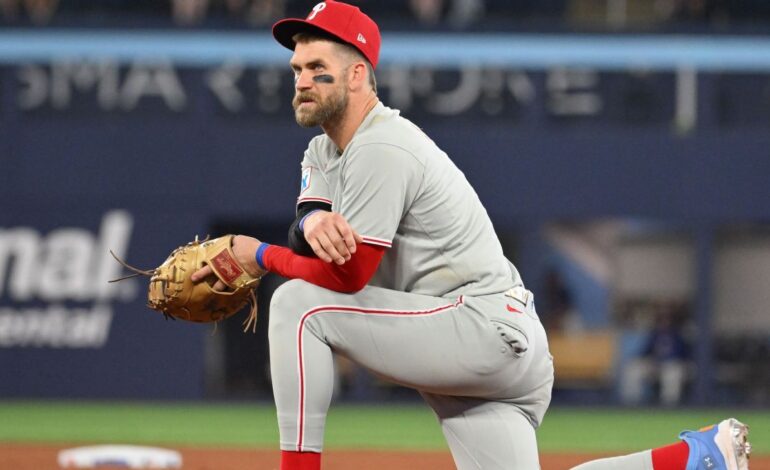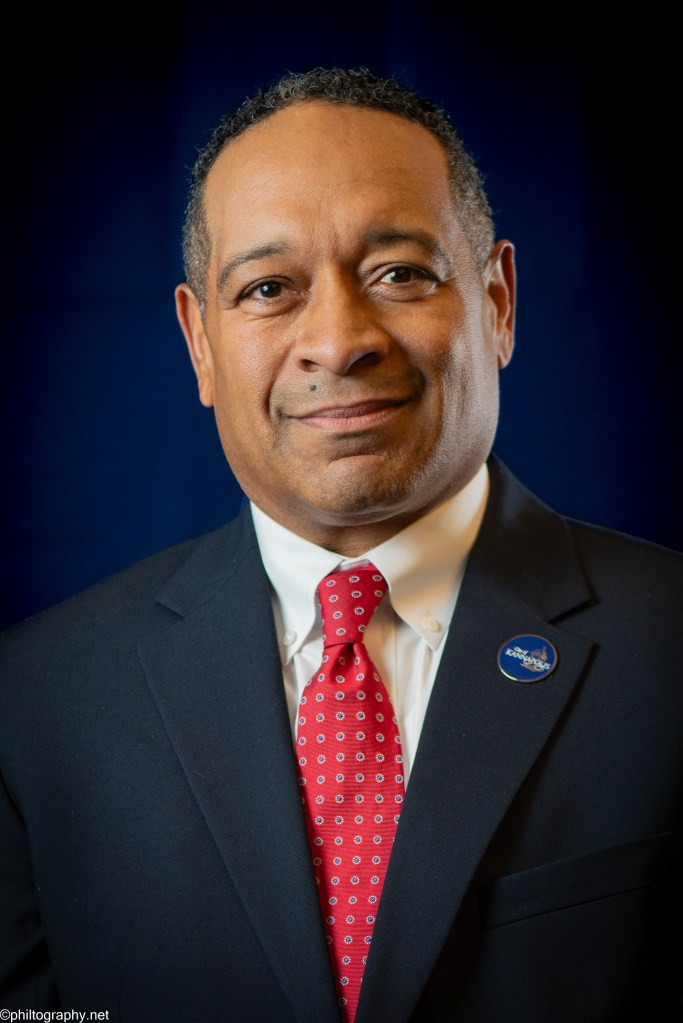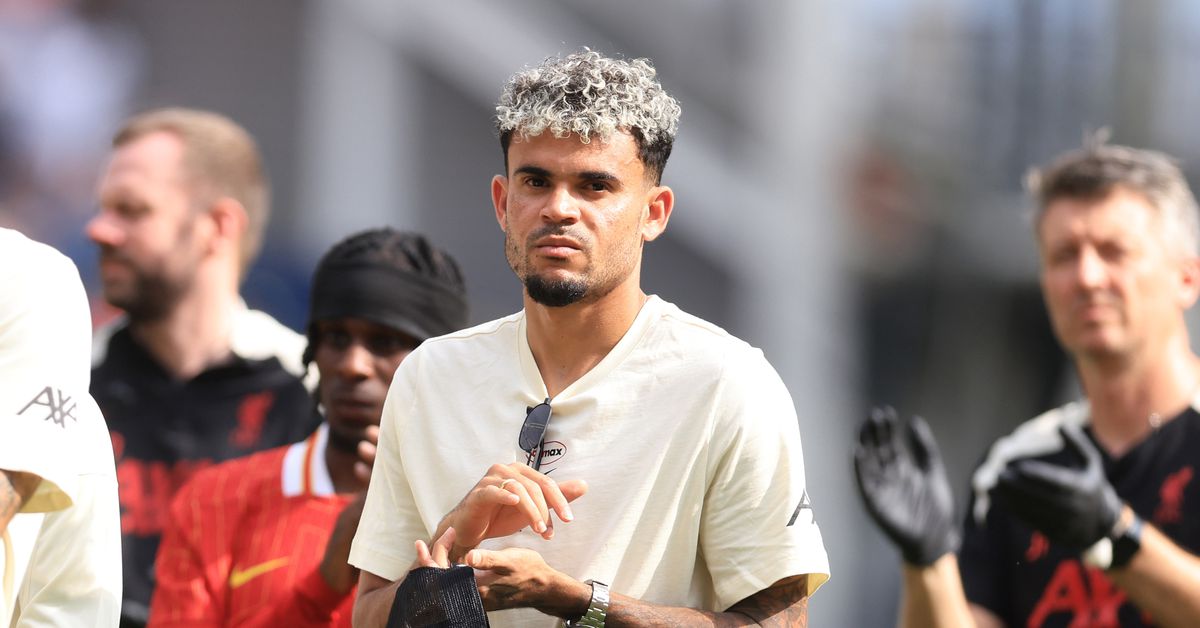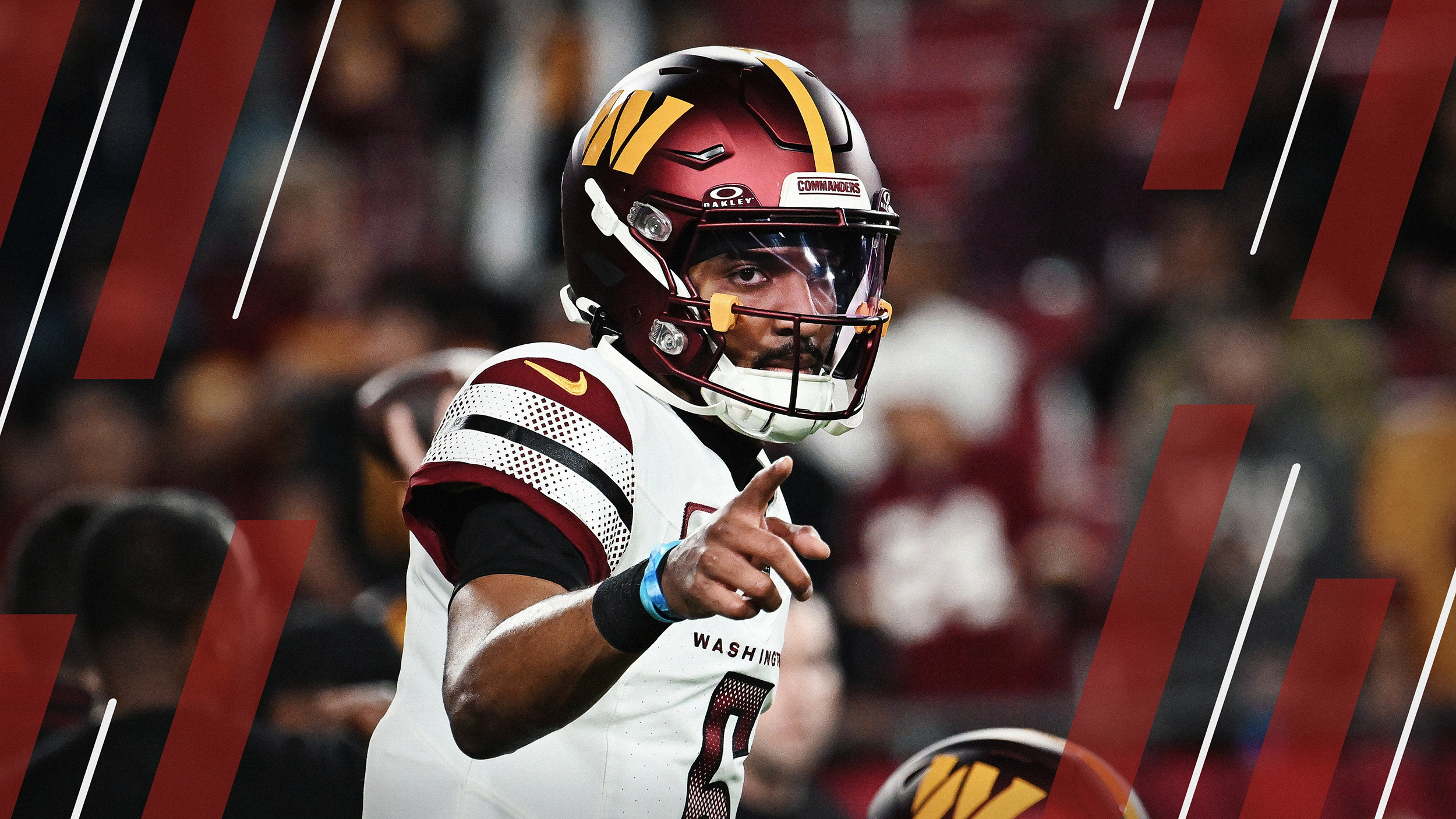Bryce Harper Confronts MLB Commissioner Over Salary Cap Talks

A heated exchange occurred last week between Philadelphia Phillies star Bryce Harper and Major League Baseball (MLB) Commissioner Rob Manfred during a meeting intended to strengthen relationships between players and management. Sources revealed that Harper confronted Manfred directly, urging him to “get the f— out of our clubhouse” if he wanted to discuss the potential implementation of a salary cap in the league.
The meeting, one of 30 that Manfred conducts annually with each MLB team, lasted over an hour and included discussions on various economic issues affecting the sport. Although Manfred did not mention the term “salary cap” explicitly, the conversation about financial disparities among teams clearly unsettled Harper, a two-time National League MVP and a prominent voice among players.
As the expiration of the collective bargaining agreement between MLB and the MLB Players Association approaches on December 1, 2026, the topic of a salary cap has gained traction among certain team owners. MLB remains the only major men’s North American sport without such a system. The MLBPA has consistently opposed the idea, arguing it primarily serves to elevate franchise values rather than address the significant financial gaps between high- and low-spending teams.
While Harper initially maintained a low profile during the meeting, his frustration grew. He reportedly stated that if MLB were to propose a cap and stand firm on it, players “are not scared to lose 162 games.” This bold declaration marked a turning point in the discussion, leading Harper to approach Manfred directly, stating his demand.
Manfred’s response was equally assertive, as he stated he would not leave the meeting, emphasizing the necessity of discussing threats to MLB’s business and strategies for growth. Tension escalated until veteran outfielder Nick Castellanos intervened, asking for more questions to diffuse the situation. Ultimately, despite the intensity, Harper and Manfred shook hands at the meeting’s conclusion, yet Harper did not respond to Manfred’s calls the following day.
According to Castellanos, the exchange was “pretty intense,” showcasing the passion both men exhibited during the confrontation. “That’s Harp. He’s been doing this since he was 15 years old. It’s just another day. I wasn’t surprised,” Castellanos commented.
While Harper declined to comment when approached by reporters, Manfred also opted not to speak on the matter through a league spokesperson. Harper’s firm stance reflects a shift in his approach regarding labor issues. Although he has not been vocal in the past, he now embodies the union’s perspective on the contentious topic of a salary cap.
At the recent All-Star Game in Atlanta, MLBPA executive director Tony Clark condemned salary caps as “institutionalized collusion,” reaffirming the union’s readiness to engage with the league to enhance the sport without resorting to a cap. He stated, “You don’t need a salary cap to grow the industry.”
The meeting with the Phillies touched on various subjects, but the looming negotiations regarding the collective bargaining agreement were central to the discussion. The potential for a work stoppage in 2027 has been a concern since the conclusion of the 2022 labor agreement, which ended a 99-day lockout initiated by owners.
Castellanos remarked on the apparent urgency from Manfred regarding the salary cap, likening it to discussing divorce in a marriage: “That’s nothing to throw around.” The sentiment among players is that a salary cap would not address existing economic disparities. Instead, it would reinforce the owners’ financial control over the game.
Although Manfred has not committed to pursuing a salary cap, several team owners have expressed dissatisfaction with the current economic structure. This criticism has been voiced directly by David Rubenstein of the Baltimore Orioles and indirectly by owners like John Henry of the Boston Red Sox, Bob Nutting of the Pittsburgh Pirates, and Hal Steinbrenner of the New York Yankees.
Manfred’s reliance on lockouts as a negotiating tactic has further strained relations with players. Following the 2022 negotiations, he began holding regular meetings with teams to foster better relationships, admitting that past efforts had not been successful.
Despite these efforts, distrust lingers among players, particularly on economic matters. The desire for a salary cap is not new; it has been a contentious issue since the players’ strike in 1994, which resulted in the cancellation of the World Series due to the league’s attempts to implement a capped system.
The disparity in payrolls among teams has become more pronounced, with the Los Angeles Dodgers spending over $400 million on their roster while the Miami Marlins spent just under $86 million this season. This stark contrast has fueled discussions surrounding salary caps more than ever before.
Players from various teams have utilized meetings with Manfred to challenge him on the issue of payroll spending. Castellanos pointed out that understanding the league’s business model is essential for players, especially as MLB aims to nationalize local television rights by 2028 and expand into growing markets like gambling.
“We don’t really know that much about it,” Castellanos admitted. “It’s not like somebody is teaching us about this conglomerate of Major League Baseball that we, the players, make up, make possible.” He emphasized that players do not wish for a work stoppage, reiterating that the interests of both players and the league are aligned in wanting the game to thrive.
As the discussions continue, the relationship between players and management remains complex, with significant implications for the future of MLB as it navigates economic challenges and seeks to maintain competitive balance across the league.






